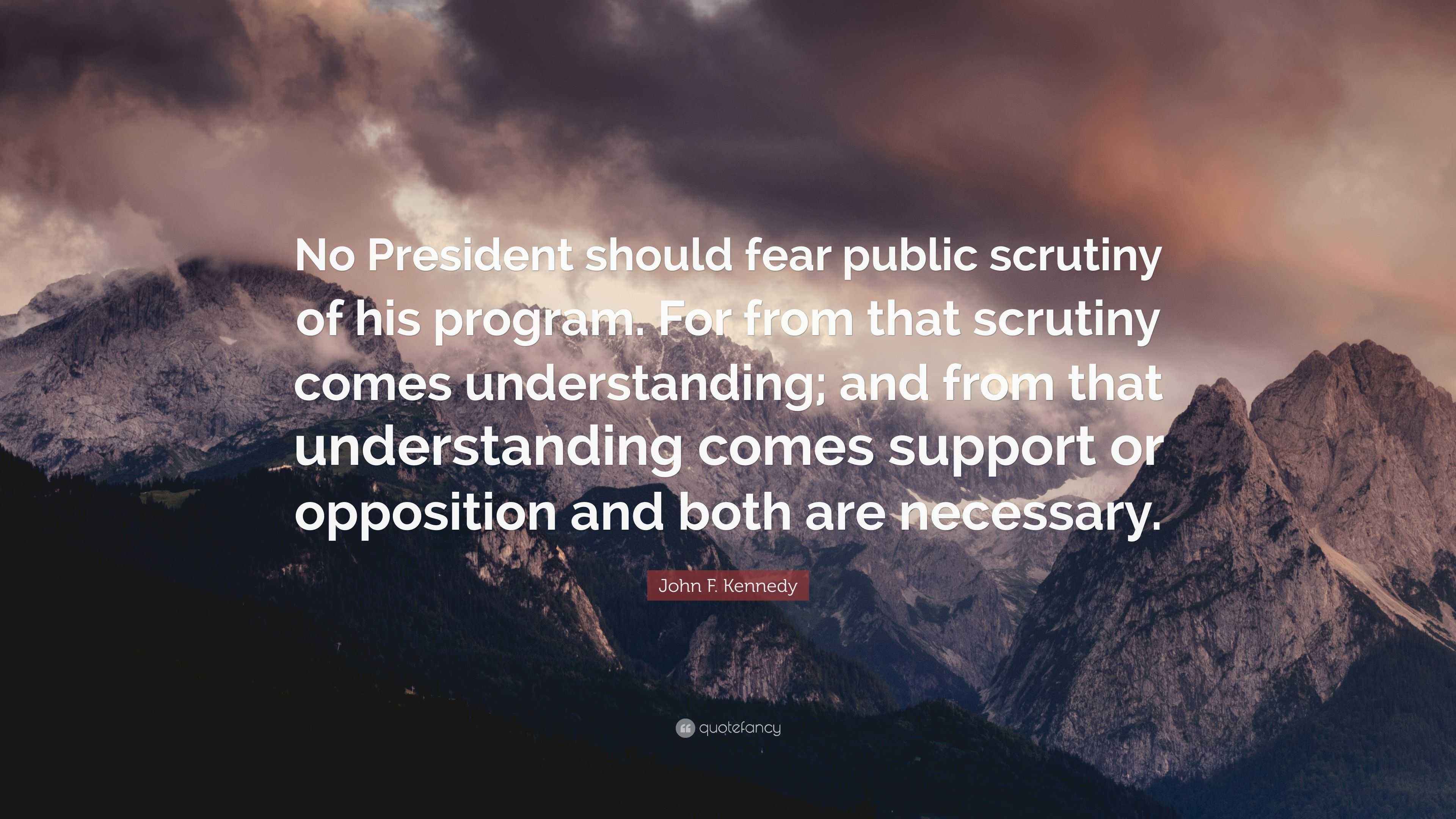

The application of strict scrutiny, however, extends beyond issues of equal protection. For a court to apply strict scrutiny, the legislature must either have passed a law that infringes upon a fundamental right or involves a suspect classification. Suspect classifications include race, national origin, religion, and alienage. Strict scrutiny will often be invoked in an equal protection claim. The other two standards are intermediate scrutiny and rational basis review. Strict scrutiny is the highest standard of review which a court will use to evaluate the constitutionality of governmental discrimination. Strict scrutiny is often used by courts when a plaintiff sues the government for discrimination. To pass strict scrutiny, the legislature must have passed the law to further a "compelling governmental interest," and must have narrowly tailored the law to achieve that interest. “I think narratives get lost in the debates we are having nationwide.Strict scrutiny is a form of judicial review that courts use to determine the constitutionality of certain laws. Sometimes police officers do do something wrong They feel that it’s not due process,” Patil says. It’s automatically assumed that they did something wrong.

“I think at least from the officer’s perspective, they feel that when an incident happens, the police officer never has a chance. Patil says that ultimately, police officers experience anxiety and frustration when they feel the public’s narrative of their job is different from their own. The reason why they have the uniform is because they have duties and responsibilities that other people are not expect to understand.” “The more conservative, more authoritarian officers don’t expect it. What is happening is they have those expectations and the public is responding with criticism and a lack of public appreciation,” Patil says. “ who are more empathetic expect the public to understand the job. Patil says that police officer’s reaction to public criticism depends on their approach to crime. is basically ‘an eye for an eye’ punishment and that law and order can actually deter bad behaviors.” “The liberal approach is more empathetic to the idea that people are committing crimes, not necessarily because they’re an inherently evil person.

There are a lot of reasons outside of that,” Patil says. “People might commit crimes, but they might do so because of poverty lack of family structure. Patil says that the liberal approach focuses on rehabilitation and empathy, while the conservative approach focuses on detention. Patil says that there are two ways police officers approach crime: the liberal and the conservative approach. After a 2017 Pew Research study found that a majority of police officers believe the public doesn’t understand the risks and safety concerns they face, Patil became interested on how police officer job performance is being affected by public criticism. Shefali Patil, an organizational psychologist at the University of Texas, studies how employees react within their work environment.

But how does public criticism affect policing?Ī new study by Texas researchers says empathetic officers – police with more liberal approaches to their work – become less effective. In recent years, thanks in no small part to smartphone videos, police departments in Texas and across the nation have faced demands for accountability in the wake of outrageous abuses of authority and force.


 0 kommentar(er)
0 kommentar(er)
